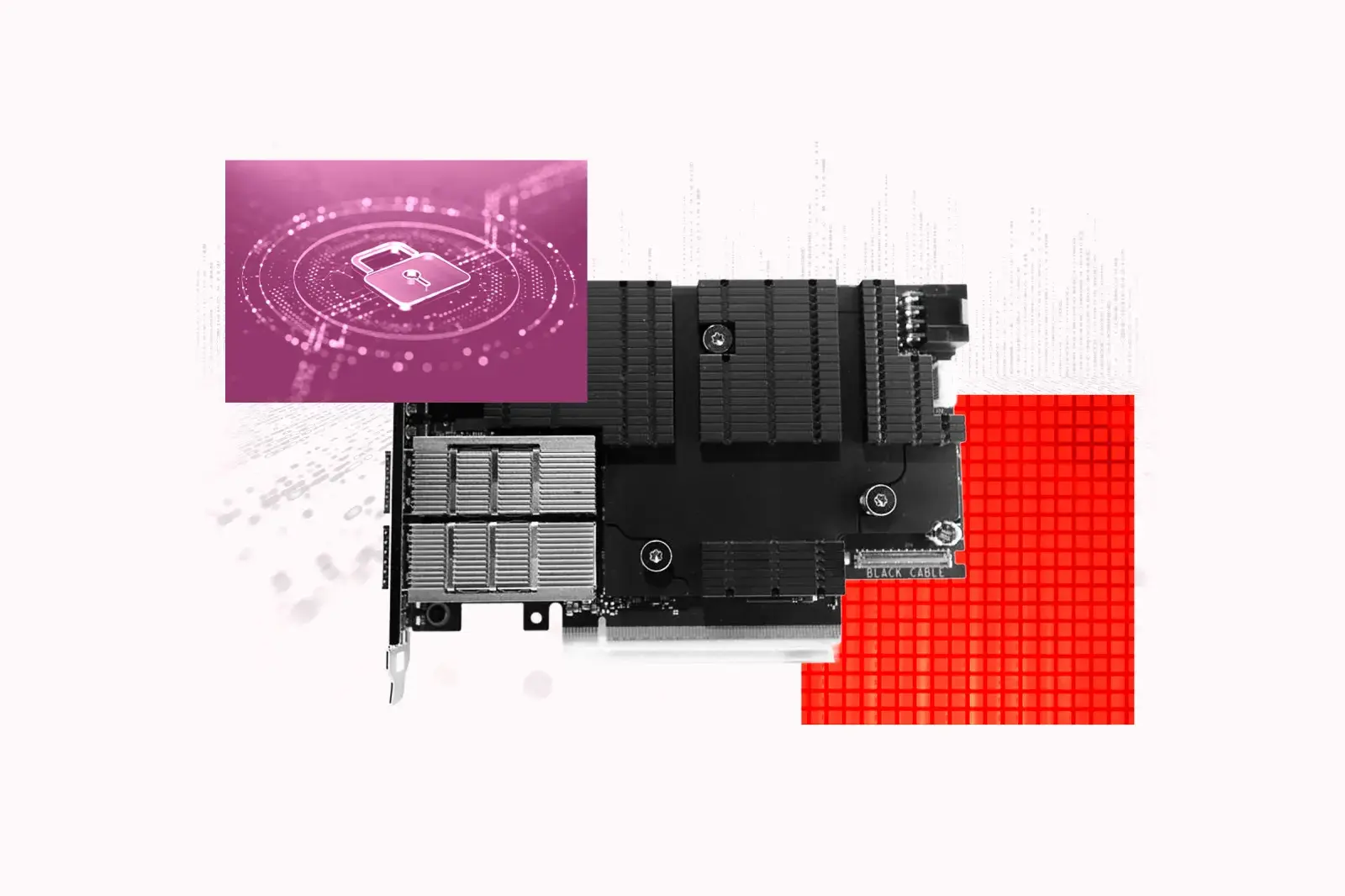Copyright newsweek

On Tuesday, Xage Security announced the integration of its Fabric Platform cybersecurity product with NVIDIA’s BlueField Data Processing Unit (DPU), allowing for safer adoption of AI tools with greater data privacy. “In the AI world, you have users accessing agents that are accessing LLMs that are accessing data, but when the LLM reaches out to the database, is that allowed? Is the user verified to access that data?” Xage CEO Duncan Greatwood asked in an interview with Newsweek. This is the challenge his company is looking to help companies overcome. Xage announced a new Zero Trust data security software in September and is improving its speed and capacity to deliver that product through this partnership with the chip-making giant. Xage will also be a part of NVIDIA’s partner network, meaning they’ll be listed on the NVIDIA website as a security partner and taking customer meetings together. The company currently has around 100 employees. Greatwood shared that Xage products prevent data leakage, rogue AI and jailbreaking AI. “For a lot of enterprise applications, that jailbreak-proof guarantee is pretty fundamental to allowing them to use AI in their most important applications,” he explained. “Knowing that bad things are not going to happen is super important, but equally is knowing exactly what did happen [in the event of a data breach]. We’re tracking that at the resource access level, so there’s no non-deterministic interpretation of what happened.” Greatwood shared an example of the data access issue in a hypothetical HR chatbot that can answer questions about compensation. Because the chatbot is connected to multiple data sources, it cannot always offer detailed access controls. In a query on compensation, employees should be allowed to see their own data, and perhaps that of their direct reports, but they shouldn’t have access to everyone’s pay data. Xage is focused on delivering this level of security as AI adoption expands. The Zero Trust product is meant to give companies and IT leaders “granular, reliable, and enforceable control over AI data access, tool usage, and multi-agent workflows, definitively eliminating jailbreak risks and ending AI adoption anxiety,” the company said in September. It can also help companies enforce their AI data policies. In a statement, Xage said it is “delivering advanced security controls for AI factories,” or the advanced data centers that companies use for large-language-model (LLM) calls in their products. “The AI factory is superficially similar to some of the large data centers… but it’s just much, much bigger and goes much, much faster, and it tends to be built by one of the big tech companies,” Greatwood said. He added that the likes of Google and Meta have built their own and have the know-how and capacity to customize their data security, but other companies will want it built in, similar to the arc of cloud storage and computing, he noted. “As AI factories emerge as the foundational infrastructure accelerating AI innovation, safeguarding them has become a critical priority,” Ofir Arkin, senior distinguished architect, cybersecurity at NVIDIA, said in a statement. Greatwood explained the importance of developing a partnership with a market leader that also has leading technology capabilities. “They have a lot more than half of the AI market at this point, depending on how you measure, somewhere between probably 70 and 95 percent of the market is NVIDIA,” he said. “They do also have the most advanced chips. They have the best integrated platform, and so they’re not just sort of leveraging their market connectivity, but also their technical superiority.” Greatwood said the partnership allows the Zero Trust product to move faster and serve a larger customer base. He noted that his company was originally working on complex projects for energy, infrastructure and military clients and has expanded into other industries with its newest offering. “It’s really a necessary enabler to get the applications for regular enterprises and even regular users, in some cases, out of the sandbox and into the most important applications that the organization has,” he said. “Many companies have parts of their business that they’re sensitive about…whatever’s most important to you in your business is probably important to you also to protect from a cyber perspective. I think that as AI spreads further and further across the economy, we’re going to see this need for clear control.” Xage’s announcement was made at the NVIDIA GTC conference in Washington, D.C. Duncan said “enabling AI factories at very large scales” is going to be one of the big focus points of the conference.



